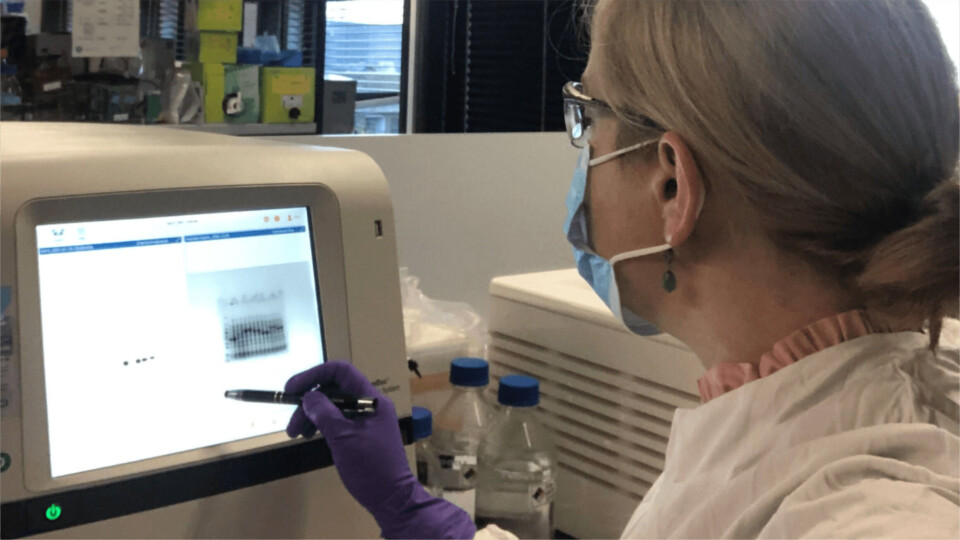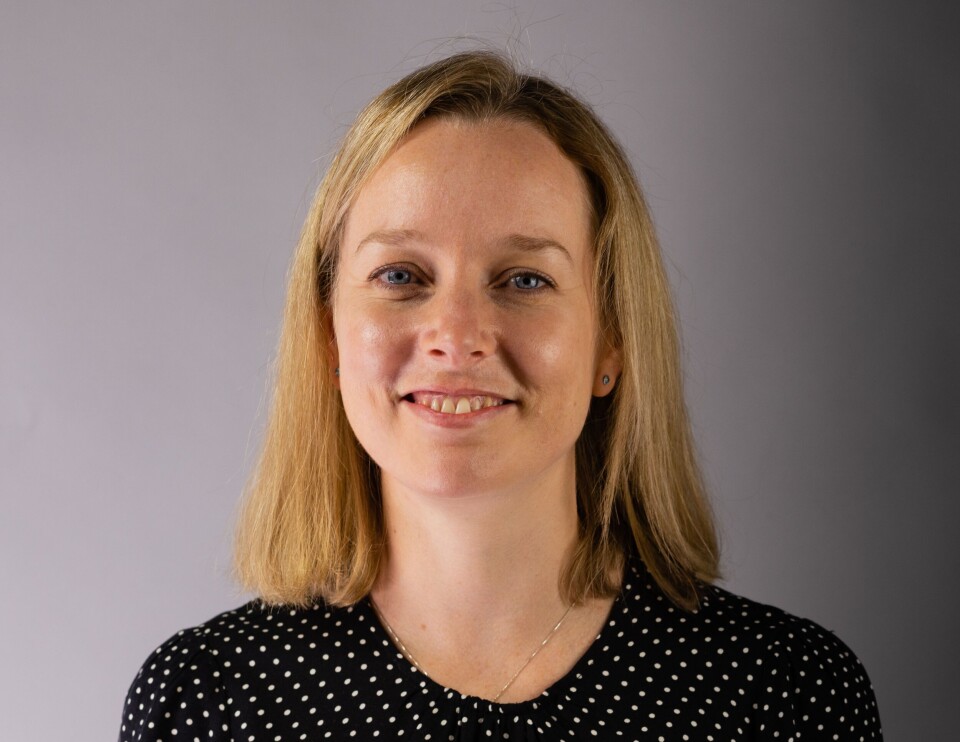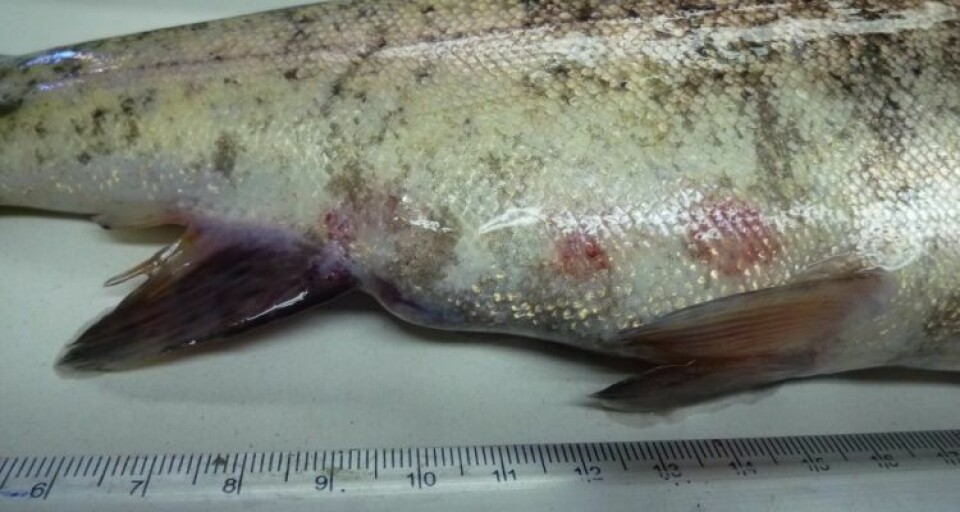
Cermaq and Benchmark granted £350k towards vaccine search
Salmon farmer Cermaq and aquaculture biotechnology company Benchmark Animal Health have been granted NOK 4.2 million (£350,000) to support their joint efforts to develop a vaccine against salmon diseases caused by Tenacibaculum bacteria.
Diseases resulting from the bacteria – mouthrot and tenacibaculosis – represent a major concern to the aquaculture industry in terms of both fish health and welfare issues, as well as significant economic losses due to increased mortality, reduced quality at harvest, and the need for antibiotic treatments.
The funding from the Research Council of Norway enables Benchmark and Cermaq to undertake research evaluating and optimising novel vaccines. The partnership couples the biotechnology and fish health innovation expertise of Benchmark with Cermaq’s extensive research on Tenacibaculum bacteria, as well as experience as a leader in aquaculture and farming.

Important project
“The research team at Benchmark Animal Health are delighted to receive this recognition from the Research Council of Norway,” said Sarah Barker, senior research scientist at Benchmark Animal Health, which is based at Edinburgh Technopole, near Pencuik and has an office in Bergen, Norway.
“We are looking forward to working on this important project in collaboration with our partner Cermaq Group AS, supporting our mission to achieve the highest standards of fish welfare and support the sustainable growth of the aquaculture industry.”

Prevention is best
Olai Einen, global head of feed and fish health research at Cermaq, said: “Preventive fish health is always the best option, and Cermaq invest much in preventive fish health in our dedicated fish health research team and through implementation in our operations. This joint project with Benchmark Animal Health is a great opportunity to succeed in developing an effective vaccine against the Tenacibaculum bacteria, and hence important for salmon farming.”
From Cermaq’s side, the project will be headed by Dr Sverre Småge and the researchers Cecilie Isachsen Lie and Helene Velle Mayer. At Benchmark, Barker and Sindre Rosenlund will lead the project alongside researchers Claire Stanley, Fiona Tulloch and Matthias Winkle.

Norway and Canada
Norway-headquartered Cermaq, owned by Japan’s Mitsubishi Corporation, farms salmon in Norway, western Canada and Chile, and Tenacibulum causes significant problems in the first two of those regions.
In Norway, the Norwegian Veterinary Institute reported in 2020 that tenacibaculosis was considered the fifth most important cause of mortality in on-growing salmon, sharing third place with typical winter ulcer disease in terms of reduced salmon welfare.
In BC Canada, mouthrot typically occurs following the transfer of smolts to sea sites and can result in up to 40% total cumulative mortality in affected cages. In BC, the annual cost associated with outbreaks is estimated to be $1.8m, in addition to an estimated revenue loss of $3.8m per year to the local industry.
Fewer antibiotics
The collaborative project will lay the foundation for the potential of a commercial vaccine against tenacibaculosis and mouthrot. A commercially viable vaccine would have a significant impact on the sustainability of the salmon farming industry, helping to:
1. Reduce the need for antibiotic use against tenacibaculosis and mouthrot
2. Enhance current productivity and reduce production costs of the sector by reducing losses to mortalities, downgrading of produce, and reduction in antibiotic treatments.
Work is already under way. Experimental work led by Sverre Småge includes in vivo experiments for testing vaccine efficacy and safety, obtaining Tenacibaculum isolates for sequence analysis, welfare scoring, examination of vaccine side effects, and analysis of fish.






















































